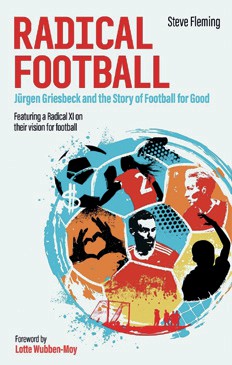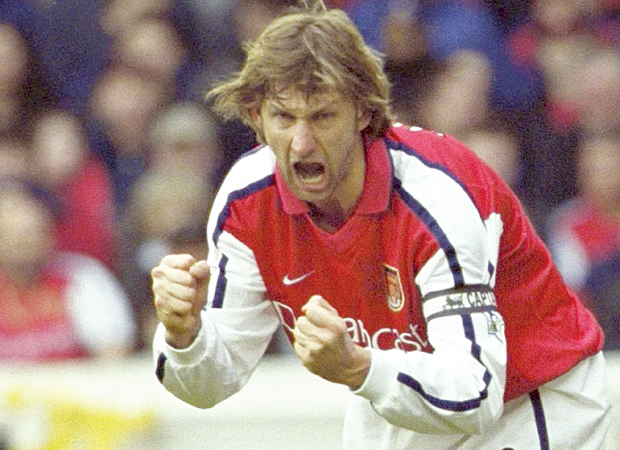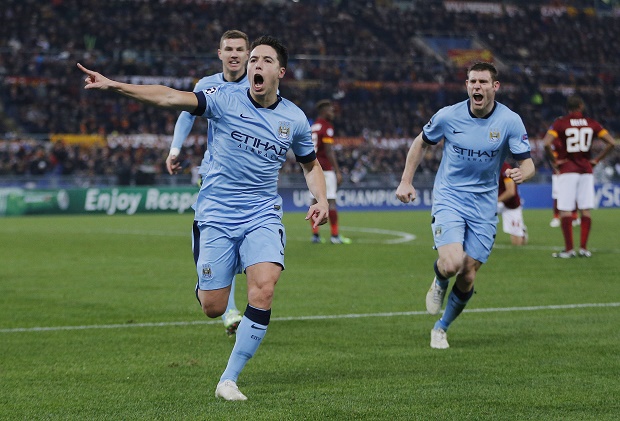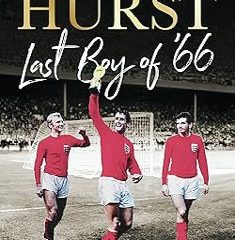
Radical Football – Jurgen Griesbeck and the Story of Football for Good, by Steve Fleming, published by Pitch Publishing, Price £14.99
RADICAL Football is partly a history of the ‘Football for Good’ movement, partly a manifesto for the future of football and partly the story of Jurgen Griesbeck and how he came to become one of football’s great innovators.
The catalyst for Griesbeck’s work into ‘Football for Good’ was the murder of Colombian footballer Andres Escobar, who had been murdered after scoring an own goal at the 1994 World Cup against the USA.
The death of ‘the Gentleman of Football’ had shaken Griesbeck to the core but had initiated his work with gangs in Medellin, Colombia, in 1997.
Griesbeck created a methodology for the gangs to play football against each other that had unfamiliar rules such as no referees.
Fouls would be called by consensus. Teams would have an equal number of males and females, and the first goal of each side could only be scored by a girl or woman. A courageous move that eventually paid dividends with a reduction in crime.
This absorbing book traces Griesbeck’s development as an international agent for social change through a vast range of creative football schemes and projects culminating in ‘Common Goal’ in 2017.
Members of ‘Common Goal’ pledge at least one per cent of their salary to help support good causes around the world.
Juan Mata was the first to sign up and has been joined by the likes of Megan Rapinoe, Paulo Dybala, Pernille Harder, Mats Hummels, Giorgio Chiellini, Jurgen Klopp and entire clubs, companies and competitions.

So far there are over 450 members, including 200 professional footballers, but the challenge is to get many more to sign up. Griesbeck is critical of the role many football agents play in preventing professional players from getting involved but he is still hopeful that by 2030, the 100-year anniversary of the World Cup, many more professionals will have become involved and significant progress will have been made.
The attempted breakaway of the European Super League has meant that fans are questioning, more than ever, the essence of football.
Griesbeck says: “In a world facing so many challenges, this magnificent game, which binds people together like nothing else, must realise its potential and play a bigger role in protecting and improving our collective future.”
There are quite a lot of administrative details about the setting up of the various ‘Football for Good’ schemes, but the narrative moves along quickly towards the setting up of ‘Common Goal’ and in the third part there are contributions from a Radical XI of disruptive ‘Football for Good’ innovators.
Radical Football is recommended reading for anyone who wants to know how football can do more. Griesbeck’s thought-provoking manifesto should resonate with football fans everywhere. Football can be a power for good and, through great initiatives like ‘Common Goal’, it can be a catalyst for major social change.
Ian Aspinall
Rating out of 10: 8

















